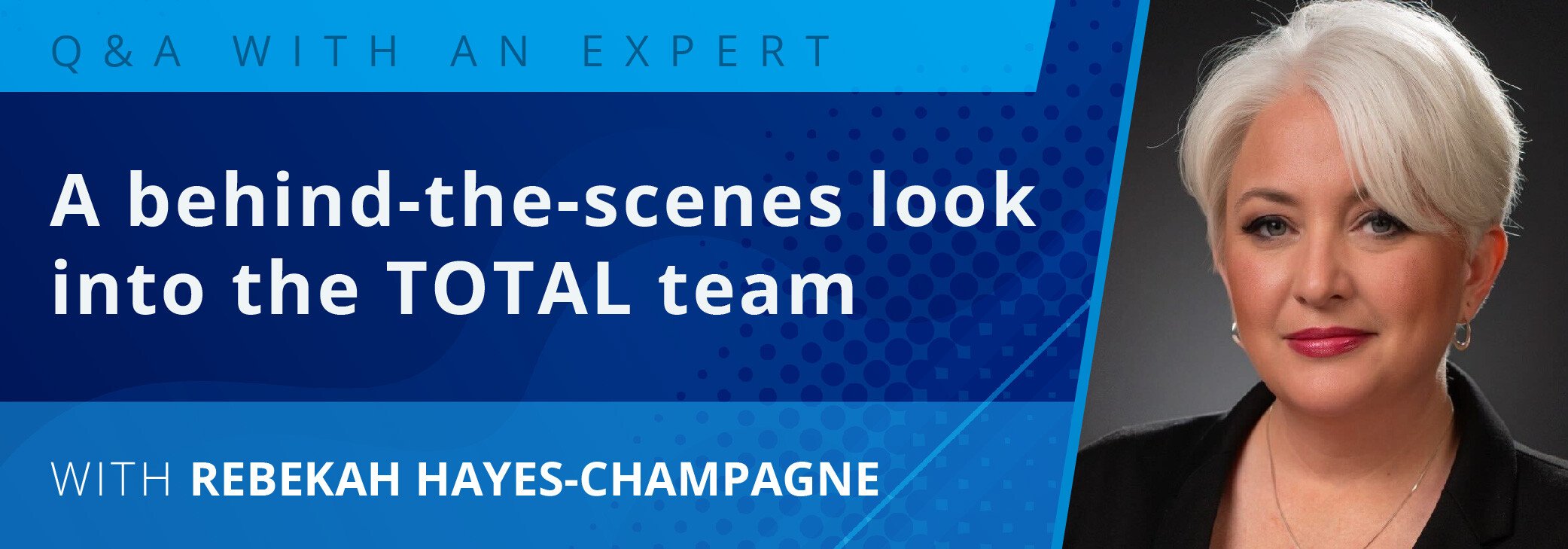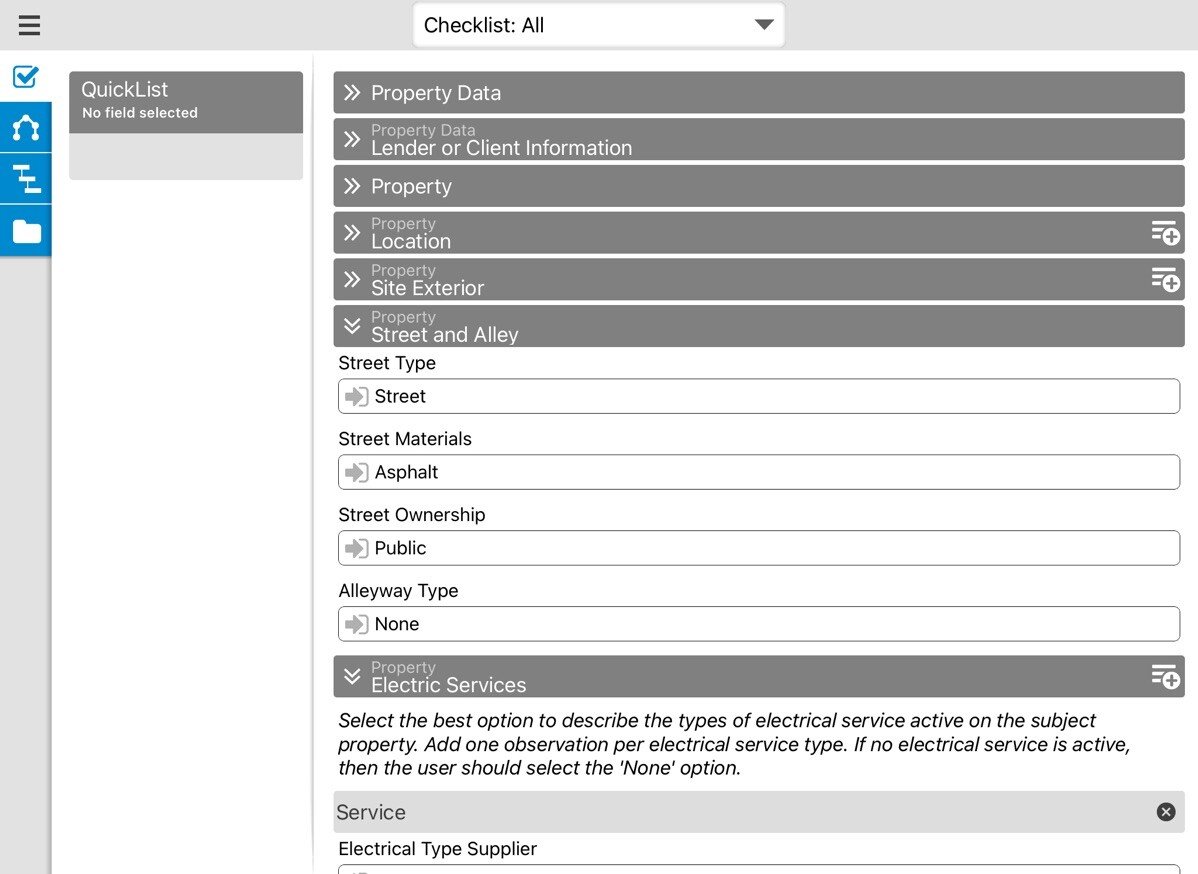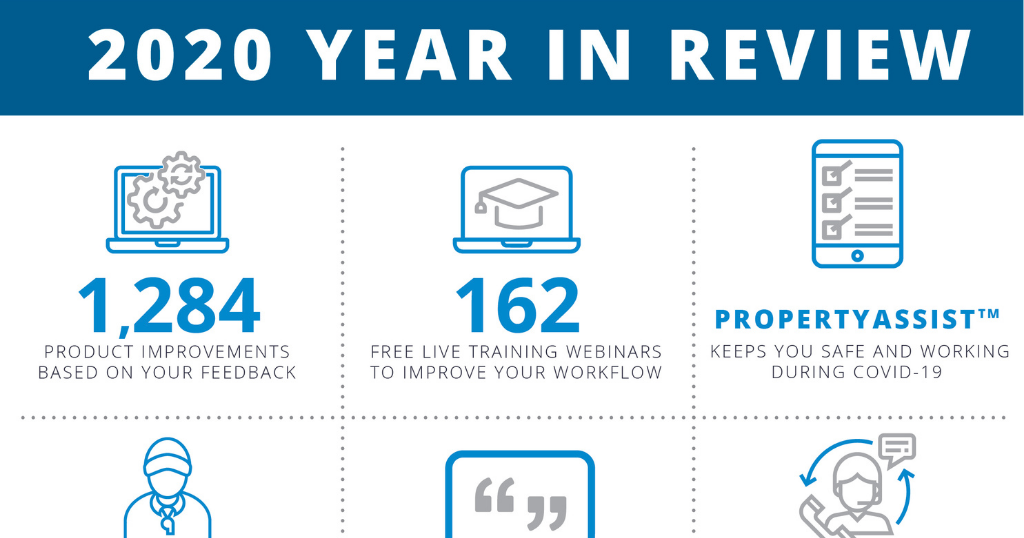The reform rule that's haunted the real estate industry for more than two years is back on The Office of Housing and Urban Development's (HUD) agenda for 2005: Reform of the Real Estate Settlement Procedures Act (RESPA).
In its Semiannual Regulatory Agenda published last week in the U.S. Federal Register, HUD listed "RESPA – Improving the Process for Obtaining Mortgages" as one of its long-term action items for the next few months.
While the reform rule is considered "economically significant," the agency's next action for the rule that, when revised in 2002, left mortgage brokers wondering about their role in the real estate transaction – or if they would even have a role at all.
The new rule would establish a new framework for borrower disclosures under RESPA that would, according to HUD:
- Address the issue of mortgage broker compensation, specifically the problem of lender payments to mortgage brokers, by fundamentally changing the way in which such lender payments in brokered mortgage transactions are recorded and reported to borrowers;
- Significantly improve HUD's GFE settlement cost disclosure, and amend HUD's related RESPA regulations, to make the GFE firmer and more usable, to facilitate shopping for mortgages, and to avoid unexpected charges to borrowers at settlement; and
- Remove regulatory barriers to allow guaranteed packages of settlement services and mortgages to be made available to borrowers, to make borrower shopping for mortgages easier and further reduce settlement costs.
More to come
But RESPA isn't the only HUD issue affecting mortgage brokers in 2005. Other possible long-term actions for HUD include a rule allowing the Department to be more restrictive as to who can be an owner or officer of an FHA-approved lending entity in order to better hold owners and principal officers and loan officers accountable for noncompliance.
HUD is also contemplating establishing a loan officer registry and servicing approval agreements for FHA-approved lenders. According to HUD, the loan officer registry would limit registration of a loan officer to one FHA-approved lender at a time and give HUD the ability to monitor and provide disciplinary procedures for loan officers.
HUD believes that servicing agreements would enhance its authority to supervise the servicing of FHA-insured mortgages and "to take action against mortgagees that fail to perform required servicing functions."



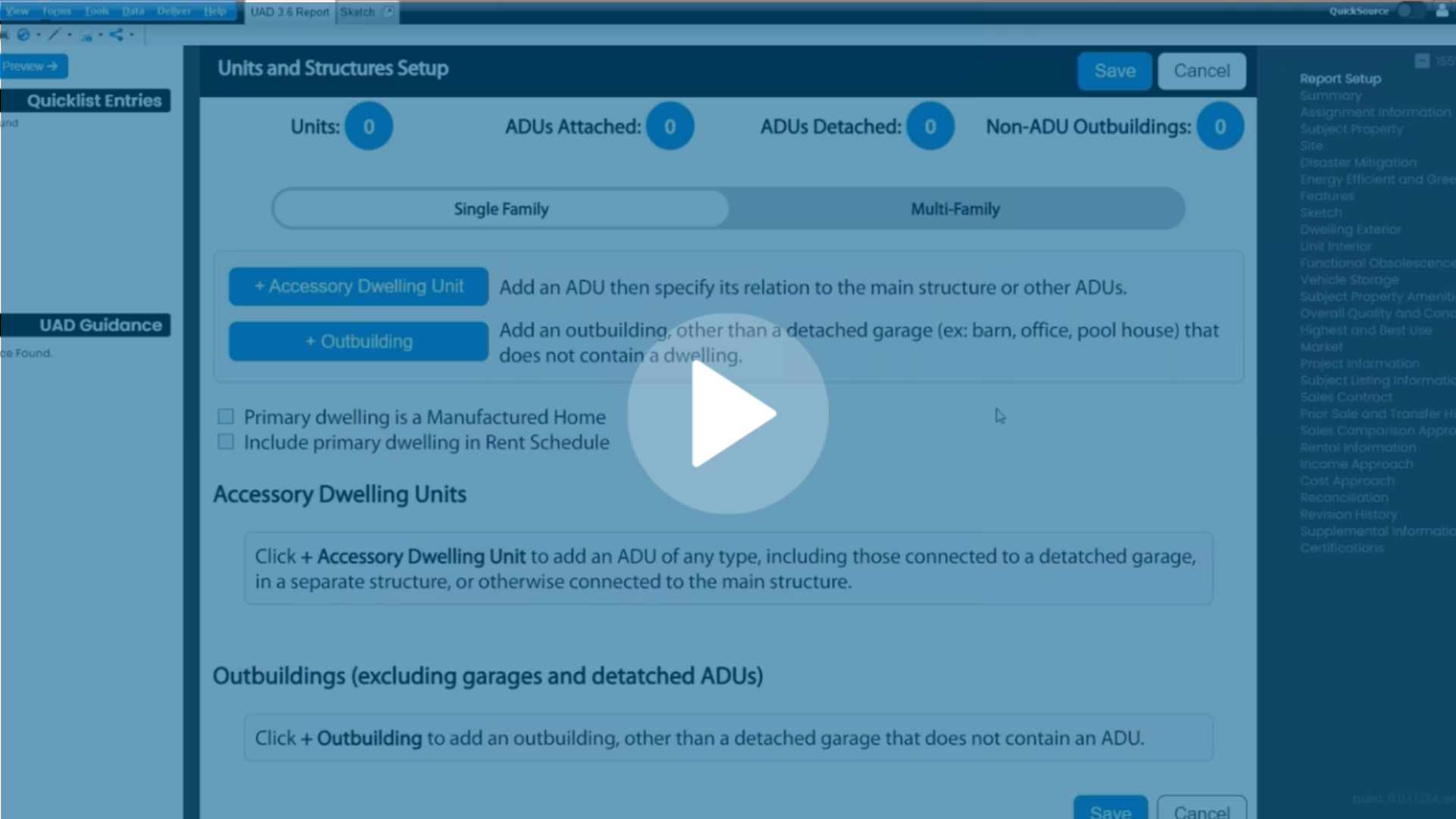
.png)

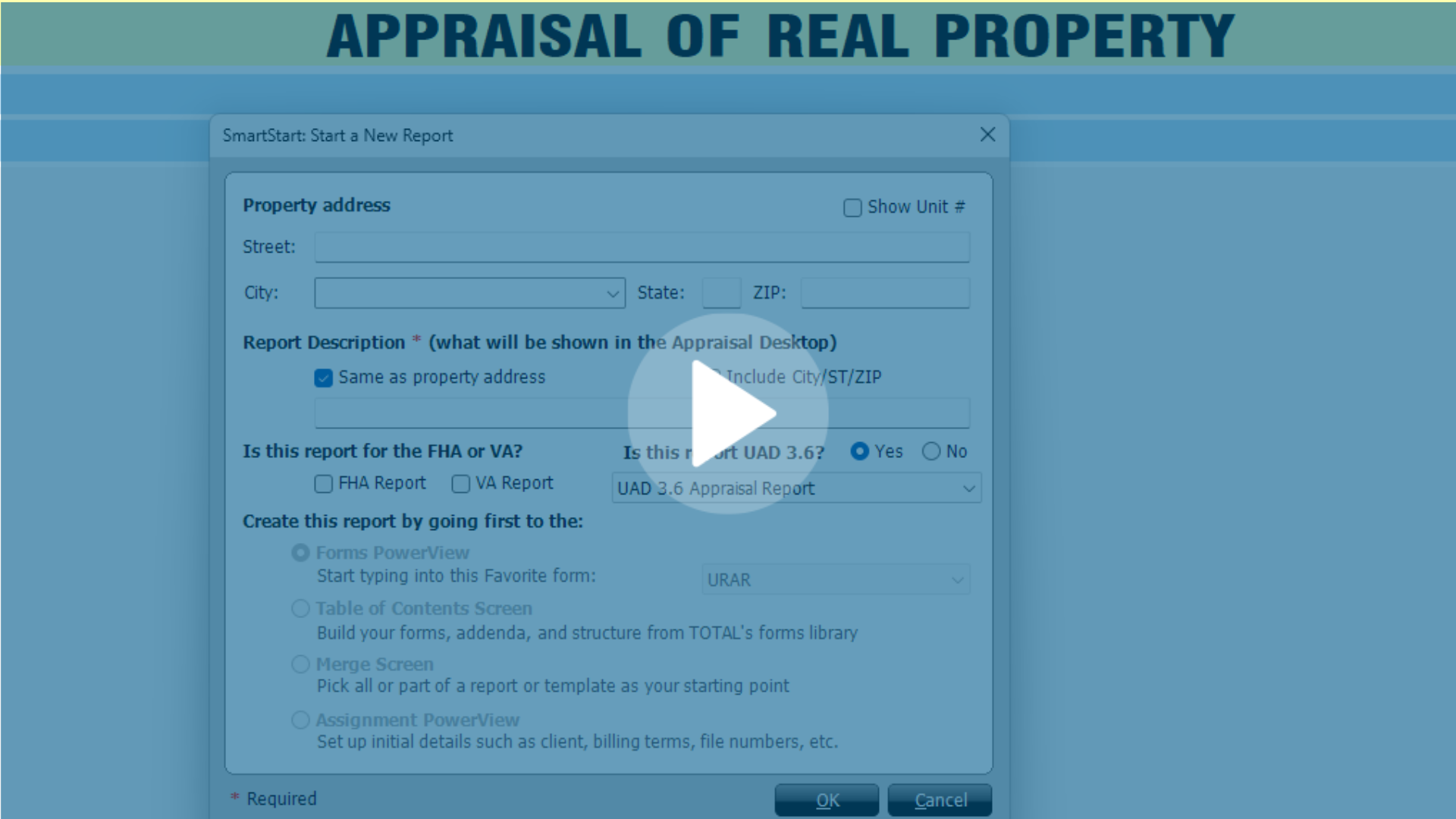


.png)
-1.png)
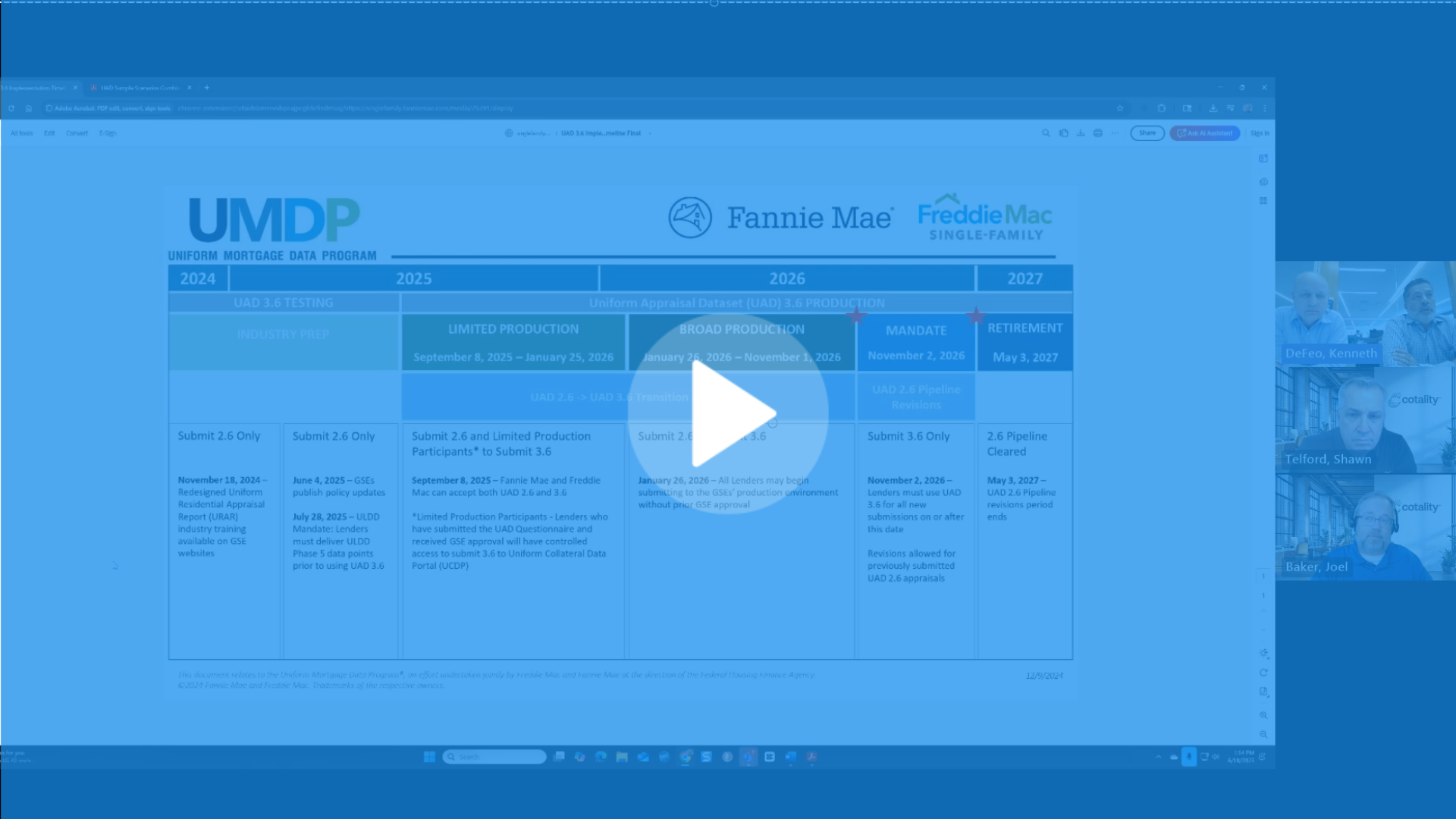
.png)

.png)
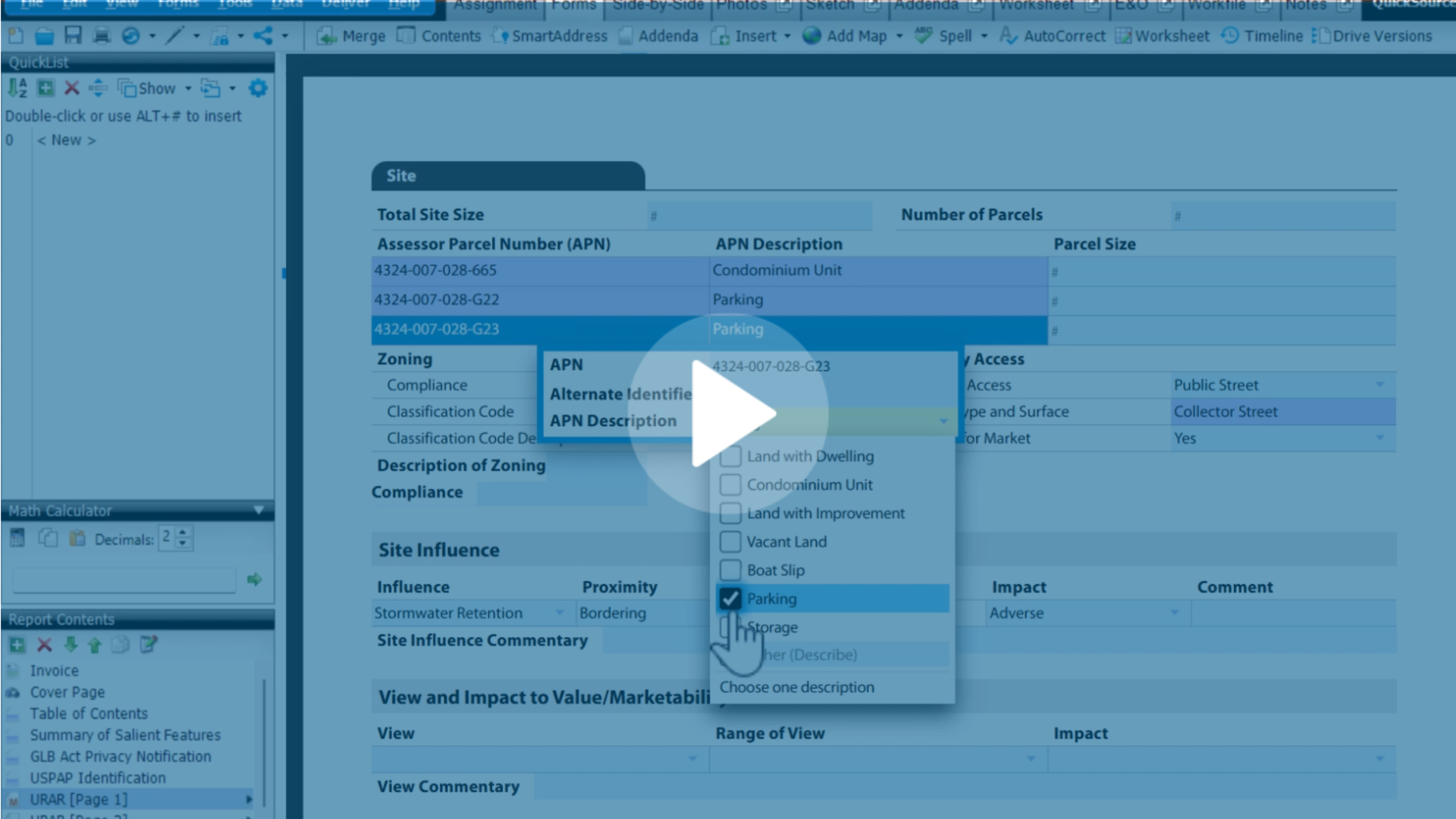
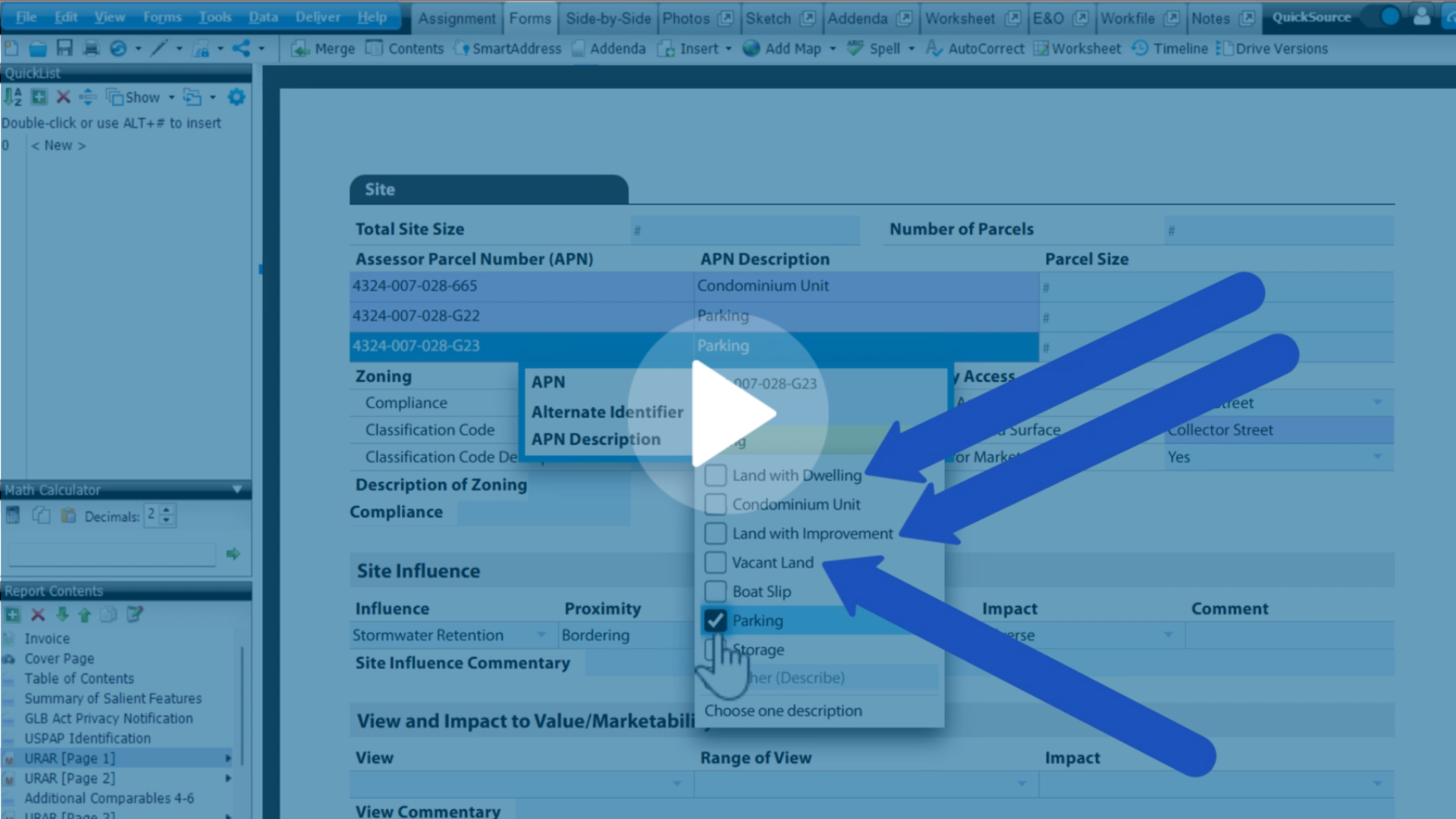
.png)
.png)
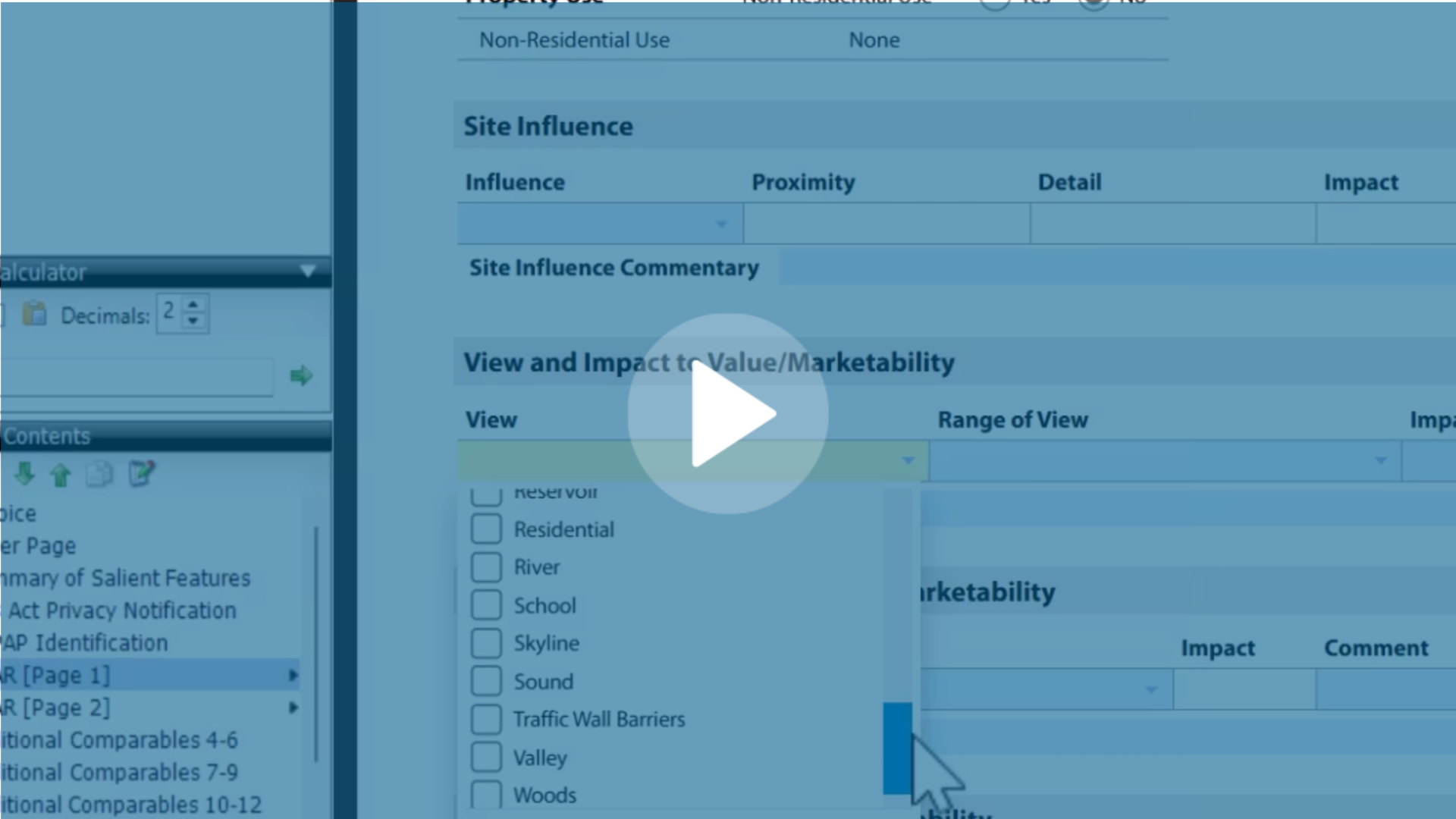
.jpg)
.png)
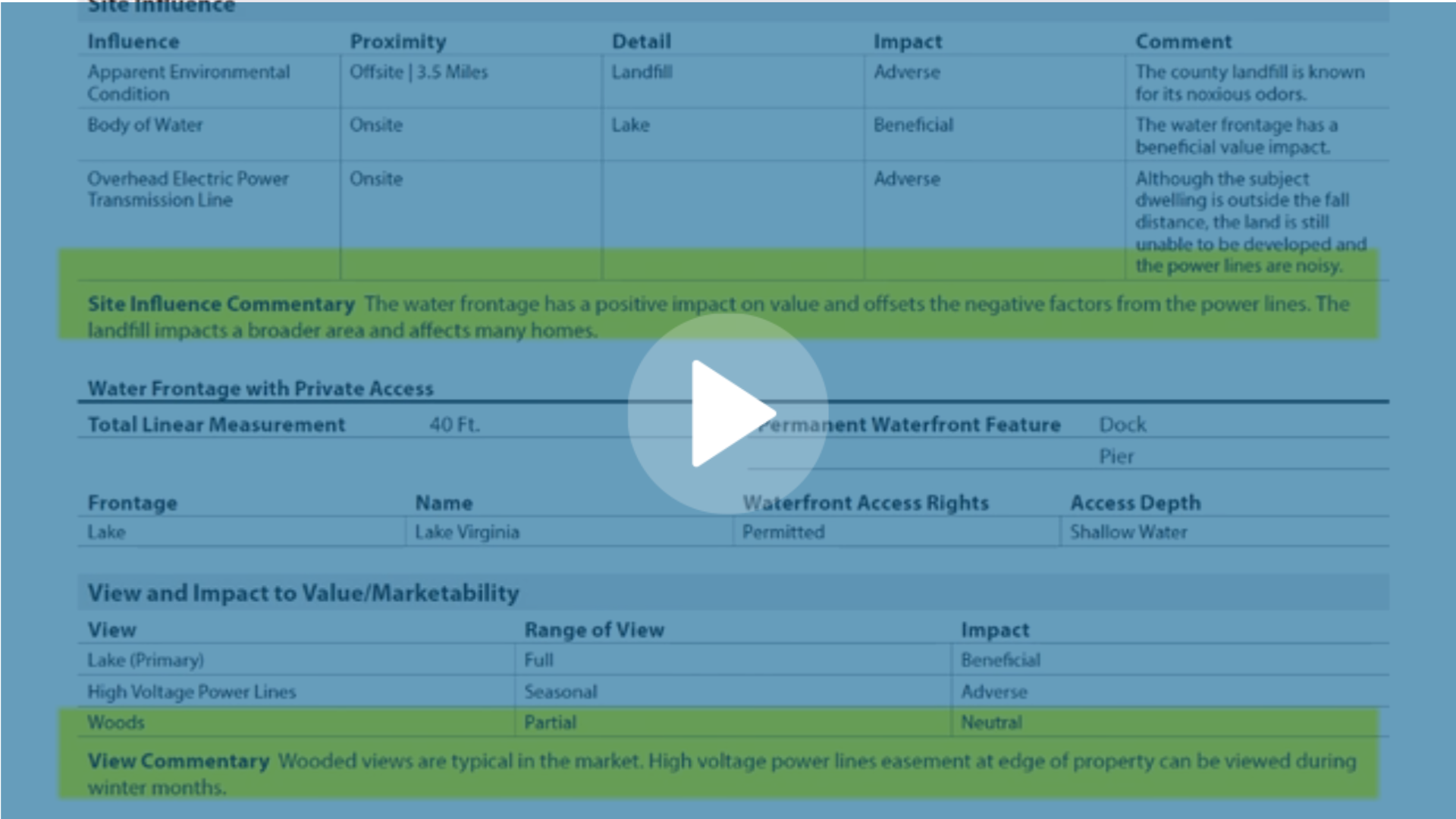
-1.png)









